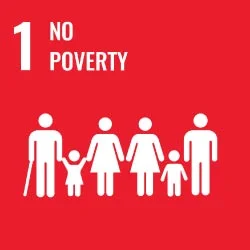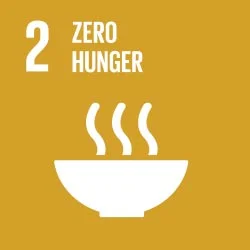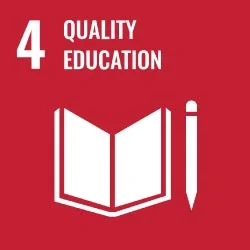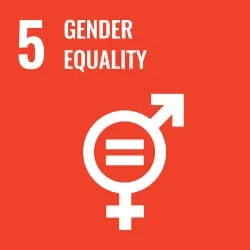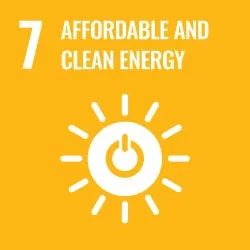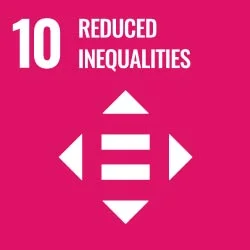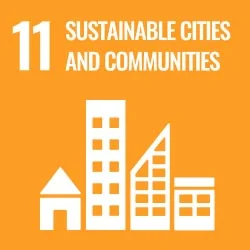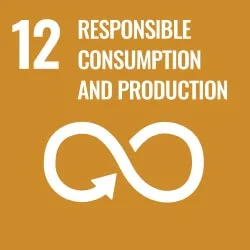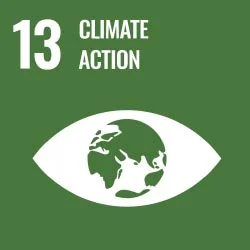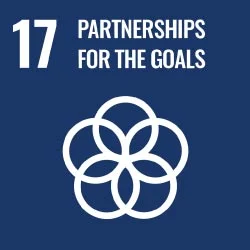Kajiado Communities embracing tubular biogas technology, clean cooking, ditching traditional open cooking fires
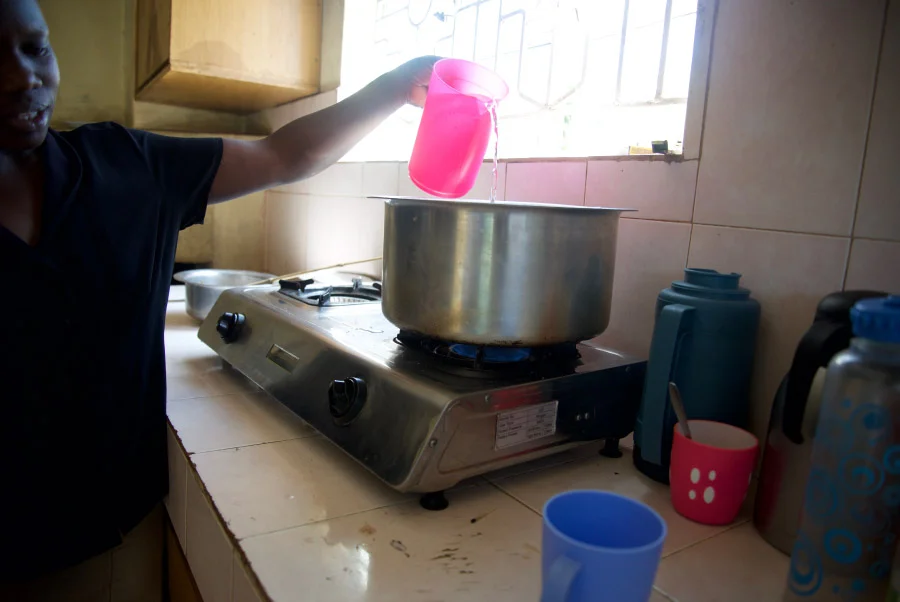
As an organization committed to sustainable development, we recognize that reducing energy costs is paramount for those most vulnerable. The interest is providing a low-cost and high-quality energy service that the community can use as well. It was in 2011 that Nguruman and Isinya Maarifa centres in Kajiado County initiated a community green energy conservation project to help with cooking and lighting. They did this by developing biogas systems that work with cow dung and other biomass material through recycling. ALIN was involved in carrying out a rapid assessment among pastoral farmers to gauge interest in installing tubular biogas technology to help mitigate climate change and sustainable energy resources. To get the word out about biodigesters, which are high-quality yet low- cost products, we created a participatory process with pastoral farmers where they could try out technologies first-hand during an intensive four-day workshop on installation and maintenance techniques.
To install a tubular biogas system, you need a 10-meter-long heavy-duty silage plastic tube of 10metres, long by 3.2 meters, two PVC tubes and pipes, gate valves, sockets, nipples and flexible tube for connecting to the specially fabricated biogas burner. In addition, you will need 200 litres of both cow manure and water. Not only is the Kenyan bio-digester a low-cost system that farmers in Kenya can use to produce gas but also it costs 5,000 shillings, and each farmer needs fresh cow-dung mixed with water for it to begin producing gas in 5-7 days after installation. Tubular biogas technology is affordable and has many benefits including;
- Avail clean and efficient energy to cook food, and light your home at night shifting away from
the use of firewood to cook and paraffin for lighting. - Protecting vulnerable children and women against respiratory diseases, eye irritations, and
other illnesses caused by smoke. - Reducing the workload for children and women who are often responsible for fetching wood.
- Save forests by using solar energy to power your home.
- Managing livestock waste and general sanitation.
- Enhancing food security mainly because the slurry left over from a biogas digester is an organic
fertilizer.
Mama Lucy Ndung’u of Nguruman runs a hotel at Endasopia Market in Kenya and she said,"After training at the Nguruman Maarifa Centre in March of 2011, my family's activities have changed. I have cut down on firewood consumption and I am able to save up money (USD 40 monthly) that would otherwise be spent on wood. I am saving to invest in my family. I cook clean food every day in a smoke-free environment. Before I began using biogas, I was having recurring chest congestion but this problem has ceased and I can attribute this to using biogas since it is smokeless! I have always been worried in times of changing rain patterns. Now I feel great to be part of the initiative mitigating climate change."
The tubular biogas technology is affordable and farmers have been trained to use it and are motivated to transfer the technology at a small fee therefore still earning daily bread. The abundant amount of cow dung, goat, and chicken droppings has enhanced the adoption of the technology among the community.



